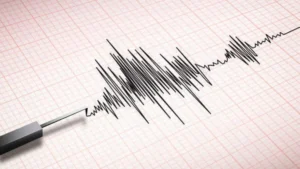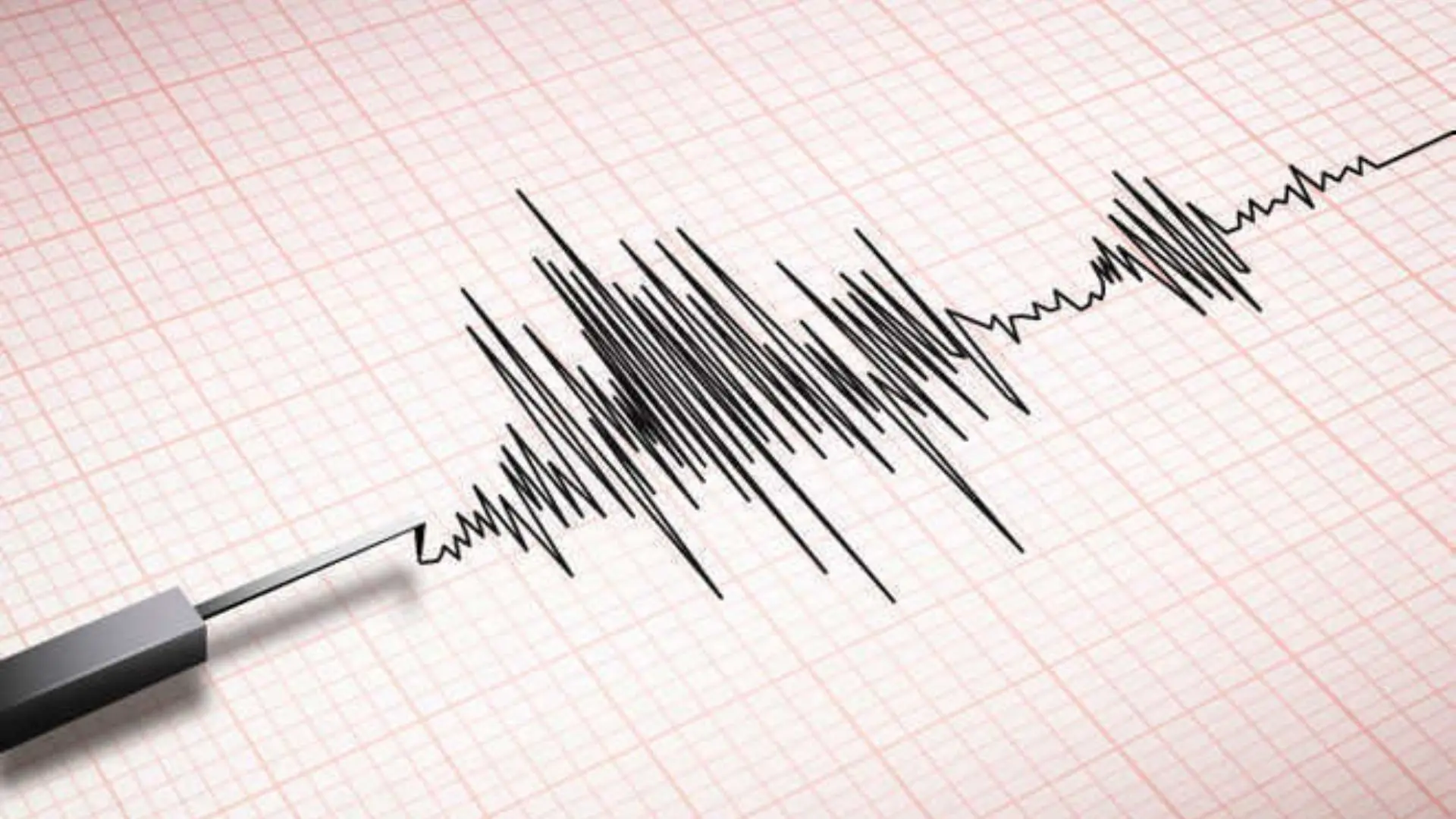Union Minister Kiren Rijiju has applauded the Centre’s decision to observe June 25 as ‘Samvidhan Hatya Divas’ in remembrance of the 1975 Emergency, stating that democracy was killed during that period and it must not be forgotten to prevent its recurrence. “Society should never forget the good things and also the bad things to avoid such situations in the future. Democracy was killed during the Emergency in 1975. We should not forget it so that we can prevent it from happening again in the future,” Rijiju emphasized.
Meanwhile, Bharatiya Janata Party leader Gaurav Bhatia praised the government’s decision to designate June 25 (the day the Emergency was imposed) as “Constitution Murder Day” and criticized Congress and its leader Rahul Gandhi for never apologizing for the imposition of the Emergency.
Notably, the Government of India announced on Friday that June 25 will be remembered annually as “Constitution Murder Day” to commemorate the Emergency declared by the Indira Gandhi government in 1975.
The Emergency of 1975 in India stands as a stark chapter in the nation’s history, marked by widespread political turmoil and the suppression of civil liberties. Declared by then-Prime Minister Indira Gandhi, the Emergency saw the suspension of fundamental rights and the imposition of strict censorship, aiming to quell political dissent and maintain order.
It resulted in the arrest of thousands of opposition leaders, activists, and journalists without due process, leading to a climate of fear and uncertainty. The period witnessed significant curtailments of press freedom and civil liberties, with media outlets facing censorship and restrictions on reporting.
The Emergency was lifted in 1977 following widespread public outcry and electoral defeat for the ruling party, underscoring the resilience of democratic institutions and the importance of upholding constitutional values in India’s political landscape. The legacy of the Emergency continues to serve as a reminder of the fragility of democratic freedoms and the necessity of safeguarding them against authoritarian tendencies.























